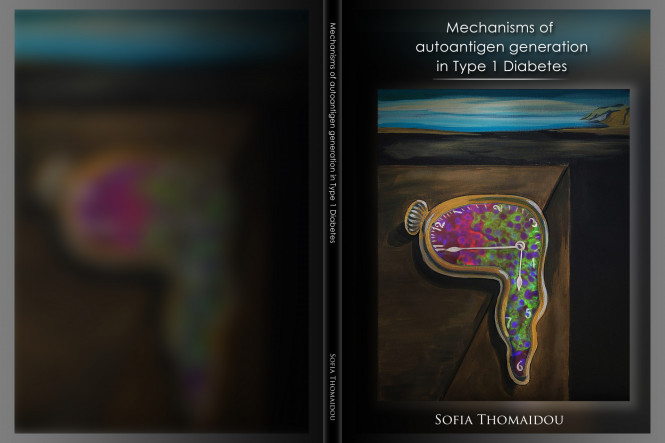Type 1 diabetes is a chronic autoimmune disease where the insulin producing beta cells of the pancreas are attacked by the immune system. Throughout this thesis, we challenged the classical view of T1D as a solely autoimmune disease and added to all the existing evidence indicating that beta cells by being inherently vulnerable to extracellular stress signals accumulate mistakes that may trigger an immune system with “good intentions” against a defective tissue. We studied the effect of an inflammatory environment on beta cell transcriptional, post transcriptional, translational, and antigen processing machinery, providing proofs that beta cells are not inert victims of the immune system but active players in their own destruction. This thesis clarifies the consequences of environment- and pathophysiology-induced changes on beta cells that lead to the development of autoimmunity in type 1 diabetes and provides new therapeutic targets to prevent formation or presentation of neoantigens.
Promotor : Prof.dr. R.C.Hoeben
Co-promotor: dr. A.Zaldumbide
